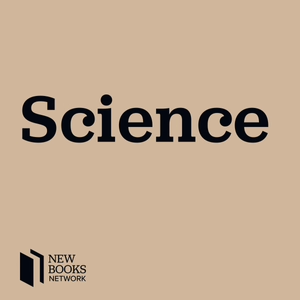
Managing Coal Combustion Residues in Mines
05/04/07 • 6 min
Previous Episode

Organ Donation: Opportunities for Action
Rates of organ donation lag far behind the increasing need. At the start of 2006, more than 90,000 people were waiting to receive a solid organ (kidney, liver, lung, pancreas, heart, or intestine). Organ Donation examines a wide range of proposals to increase organ donation, including policies that presume consent for donation as well as the use of financial incentives such as direct payments, coverage of funeral expenses, and charitable contributions. Read the report online.Visit the IOM report page.
Next Episode

Treating Infectious Diseases in a Microbial World
Humans coexist with millions of harmless microorganisms, but emerging diseases, resistance to antibiotics, and the threat of bioterrorism are forcing scientists to look for new ways to confront the microbes that do pose a danger. This report identifies innovative approaches to the development of antimicrobial drugs and vaccines based on a greater understanding of how the human immune system interacts with both good and bad microbes. The report concludes that the development of a single superdrug to fight all infectious agents is unrealistic. Read the report online.
If you like this episode you’ll love
Episode Comments
Generate a badge
Get a badge for your website that links back to this episode
<a href="https://goodpods.com/podcasts/the-sounds-of-science-from-the-national-academies-650101/managing-coal-combustion-residues-in-mines-85728034"> <img src="https://storage.googleapis.com/goodpods-images-bucket/badges/generic-badge-1.svg" alt="listen to managing coal combustion residues in mines on goodpods" style="width: 225px" /> </a>
Copy




